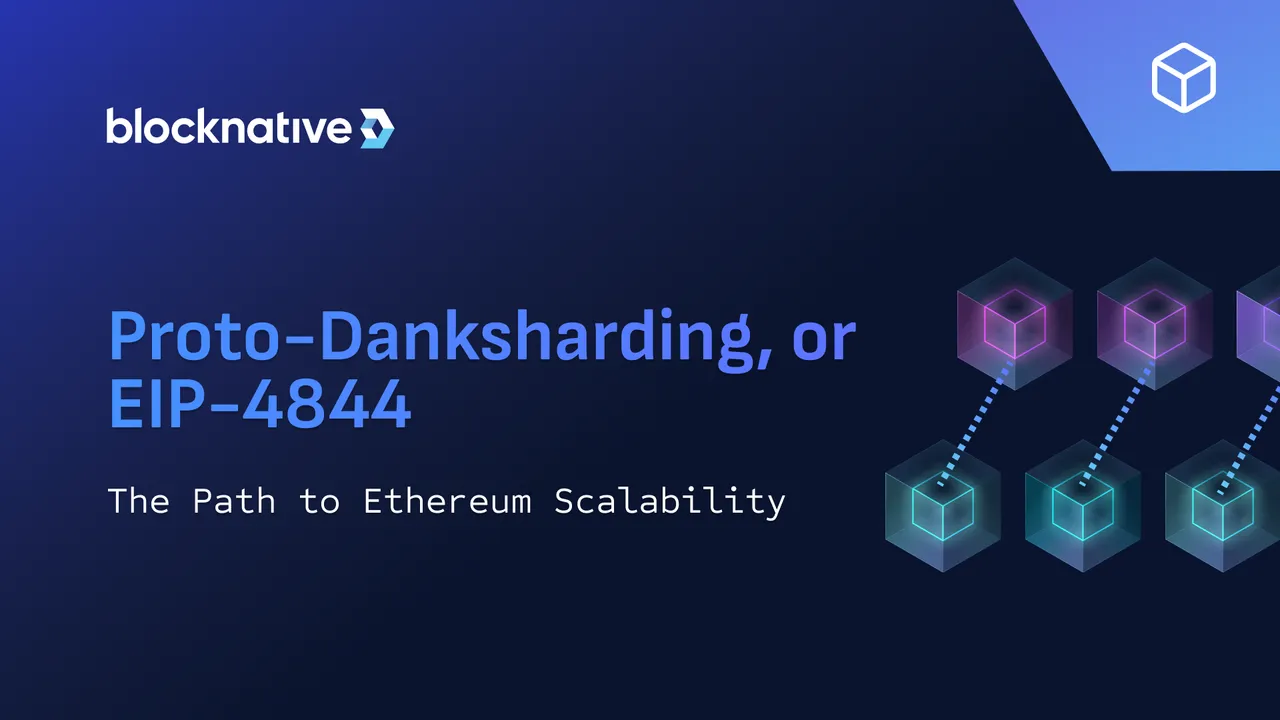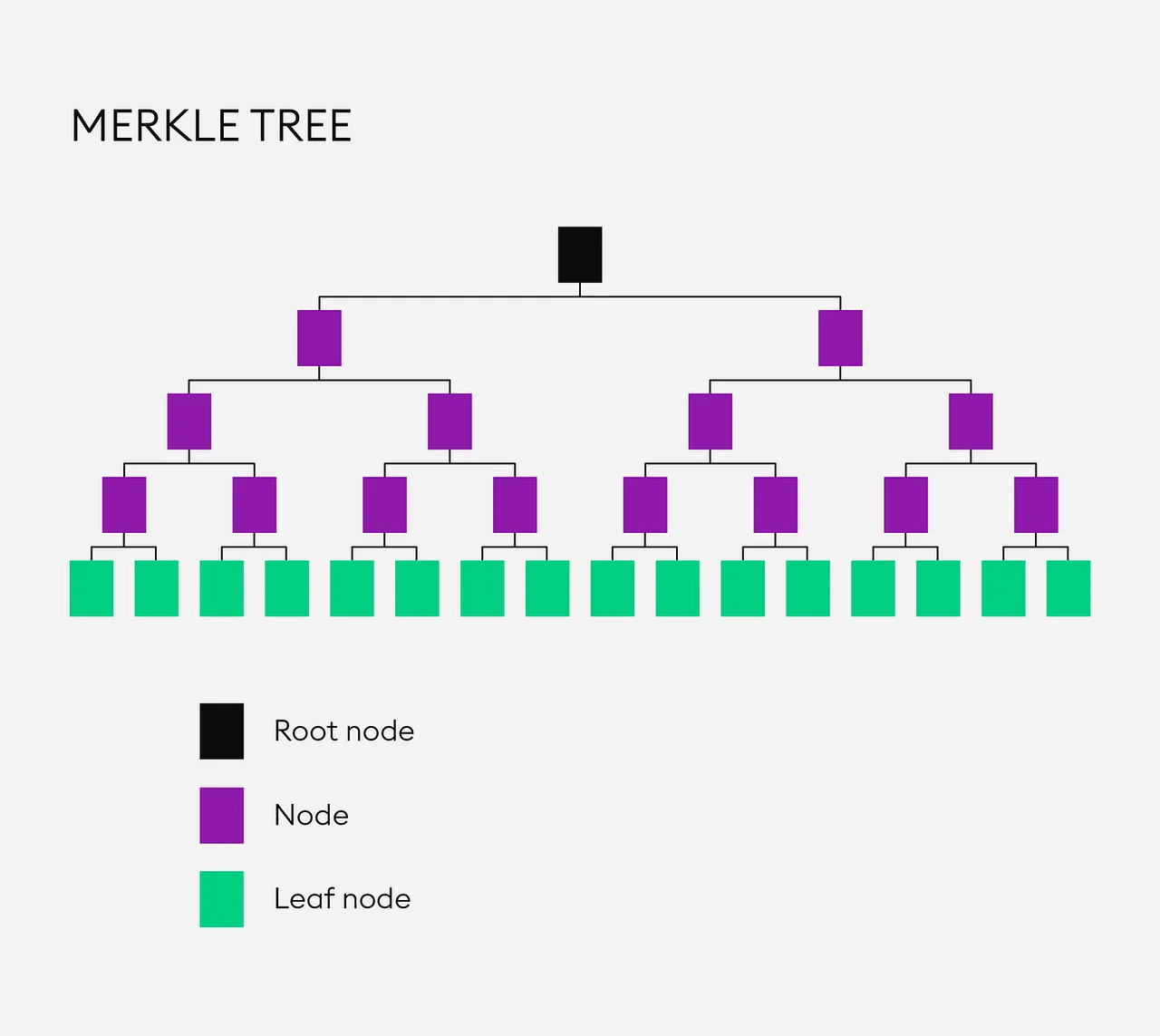
The highly anticipated Ethereum upgrade, Dencun, has been seamlessly implemented on the chain. Dencun represents a significant change for Ethereum, being the most substantial modification to the blockchain's code in over a year and promising a notable impact on gas fees.
Named after the projects Deneb and Cancun, Dencun entails two simultaneous upgrades to Ethereum's consensus and execution layers. The hard fork aims to lower fees for Ethereum Layer 2 rollups.
Additionally, the activation of the new Ethereum Improvement Proposal (EIP), dubbed "proto-danksharding" or EIP-4844, aims to enhance the chain's capacity to handle Layer 2 network data.

Although developers have been working on elements of the Dencun upgrade for several years, its implementation was delayed from the initial target date of late 2023 due to technical issues. Subsequently, the upgrade underwent testing on three separate testnets, with most tests proceeding smoothly.
What is Dencun?
Dencun marks Ethereum's most significant upgrade since the Shapella upgrade implemented in April 2023, which enabled the unstaking of ETH locked in the Beacon Chain. The upgrade encompasses various code modifications, with the most significant being "proto-danksharding," introducing a new method called "blob" to store transaction data on Ethereum.
Ethereum Layer 2 solutions, such as Arbitrum, Optimism, and Polygon, are expected to reap the most benefits from the new upgrade. These networks aid in scaling Ethereum by batching many transactions into a single batch and sending them to Ethereum for confirmation.

Over the past year, Layer 2 networks have become the primary networks for Ethereum transactions, accumulating billions of dollars in deposits and handling higher transaction volumes than the Ethereum chain itself.
Following the introduction of Dencun, Layer 2 networks will be able to send data directly to Ethereum using a dedicated blobspace, eliminating the need to compress data into transactions at a higher cost. This should enable Layer 2 networks to process more data efficiently, thereby reducing user fees.
Benefits Extend to DA Layers
EIP-4844, also known as proto-danksharding, is an improvement that also benefits another blockchain subgroup within the Ethereum ecosystem: data availability (DA) layers. DA layers such as Celestia, EigenDA, and Avail simplify the storage of large volumes of data, often used by Layer 2 networks to store transaction data. Proto-danksharding has the potential to reduce costs associated with downloading DA data.
After the Dencun upgrade, Ethereum developers will focus on the next upgrade dubbed Electra + Praga (Petra). While all details are not yet finalized, they may include an upgrade called "Verkle Trees," aiming to improve node storage capabilities for large amounts of data.

Dencun Reduces Ethereum Fees
According to L2fees data, the average cost to send ETH on Arbitrum is $0.24, while token swaps cost $0.67. On Optimism, fees are $0.47 and $0.92, respectively, while Polygon charges $0.78 for transactions and $2.85 for token swaps. Following the Dencun upgrade, these figures are expected to decrease significantly.
According to the Superchain Savings Estimator, token swaps on Optimism will cost approximately $0.03, a decrease of over 96%. It also predicts that gas fees for token swaps on the Base Layer 2 will drop from $0.58 to $0.01.
Additionally, the Starknet Foundation, supporting the Starknet chain, has stated that its users will save more money compared to all other Layer 2 networks. It has also communicated that a higher percentage of fees on Starknet will be allocated to data availability (DA) layers compared to other Layer 2 networks.
Ethereum Price Prediction
Experts are optimistic about Ethereum's price movements following the upgrade. Analyst Ali, with over 52,000 followers on X, believes that ETH's path to $5,000 "seems clearer as resistance thins." Ali has identified "a supply zone between $4,522-4,646, where 600,000 addresses hold 1.63 million ETH. According to the analyst, the crypto will reach this range, and it's "not a matter of if, but when."
Ethereum has not experienced significant price movements and is trading near the $4,000 level. At the moment, it is trading at $3,984, with a 1.08% increase in 24 hours. In the last month, it has recorded a 51% gain, while in the last seven days, it has seen a 4.79% increase.